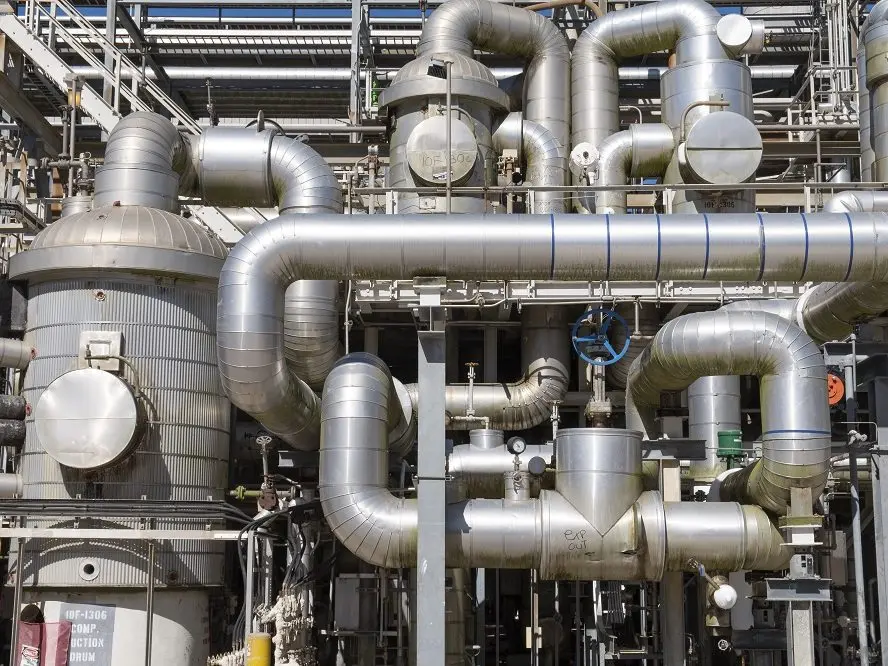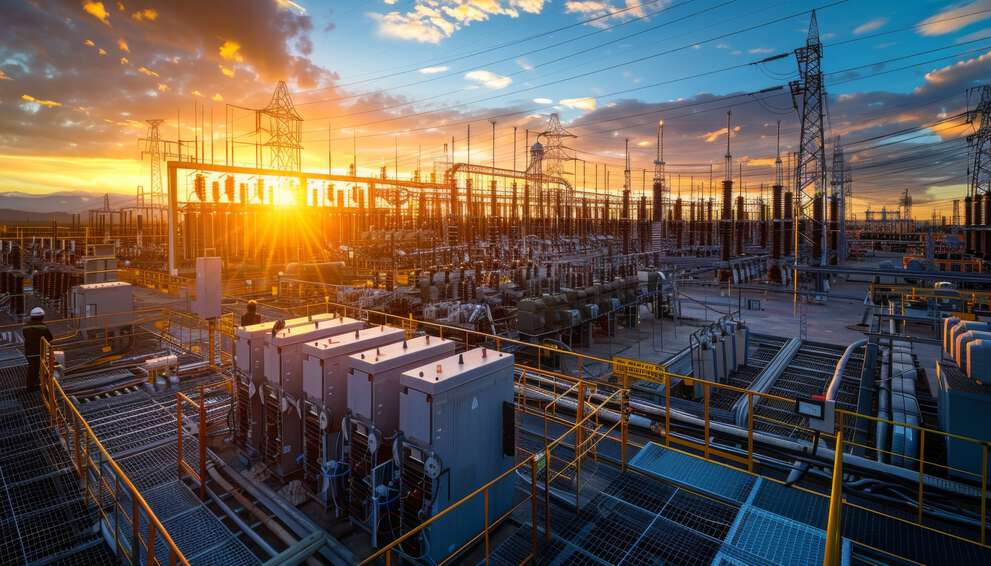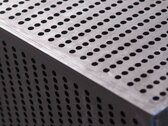The Importance of Efficient Cooling
In an era where energy conservation and cost-effectiveness are paramount, understanding Air Conditioner Efficiency is more crucial than ever. As temperatures fluctuate and energy demands rise, the performance of our cooling systems directly impacts both our utility bills and our environmental footprint. A key aspect to grasp from the outset is the Energy Efficiency Ratio HVAC, a fundamental measure that helps consumers and businesses make informed decisions. Optimizing the efficiency of air conditioning units not only leads to significant financial savings but also contributes to a more sustainable approach to energy consumption, reflecting a broader commitment to responsible resource utilization.
Understanding Key Performance Metrics for HVAC Systems
To truly gauge Air Conditioner Efficiency, one must become familiar with several Performance Metrics for HVAC. Beyond just the EER, which measures cooling efficiency at a specific outdoor temperature, there's the Seasonal Energy Efficiency Ratio (SEER) for air conditioners and Heat Seasonal Performance Factor (HSPF) for heat pumps. SEER, for instance, provides a broader view of efficiency over an entire cooling season, accounting for varying temperatures. These metrics are not just numbers; they are indicators of how effectively a unit converts electrical energy into cooling power. Higher ratings generally signify better efficiency, translating into lower operational costs and reduced greenhouse gas emissions. Understanding these figures allows for a comprehensive comparison between different models and technologies, ensuring you select a system that aligns with modern efficiency standards and contributes positively to your energy management strategy.
The Critical Role of Condenser Performance in AC Efficiency
A central component dictating overall Air Conditioner Efficiency is the condenser unit. Effective Condenser Performance Evaluation is vital because the condenser is responsible for expelling the heat absorbed from your indoor space to the outside environment. The Condenser Cooling Capacity directly influences how quickly and efficiently your system can cool a room. If the condenser is struggling—perhaps due to dirty coils, poor airflow, or incorrect refrigerant levels—it has to work harder and consume more energy to achieve the desired cooling effect. Regular inspection and maintenance, focusing on the condenser, are therefore critical. This evaluation ensures that the heat exchange process is optimized, maintaining both the cooling capacity and thus the energy efficiency of the entire HVAC system, ensuring it performs as intended throughout its operational life.
Strategies for HVAC System Optimization
Achieving and maintaining high Air Conditioner Efficiency involves ongoing HVAC System Optimization. This isn't a one-time fix but a series of practices and strategic choices that contribute to sustained performance. Regular professional maintenance is foundational, including meticulously cleaning filters and coils, verifying correct refrigerant levels, and ensuring all mechanical parts are functioning correctly without undue wear. Beyond basic maintenance, consider upgrading to a smart thermostat; these devices can learn your occupancy patterns and temperature preferences, adjusting settings automatically to conserve energy when you're away or asleep. Proper home or building insulation and meticulously sealing air leaks also play a significant role, as they reduce the overall cooling load on your AC unit, allowing it to operate more efficiently. Furthermore, ensuring your HVAC system is correctly sized for your space is crucial; an oversized unit will cycle on and off too frequently, wasting energy and failing to adequately dehumidify the air, while an undersized unit will run constantly, leading to excessive energy consumption, premature wear, and inadequate cooling.
Decoding the Energy Efficiency Ratio HVAC and Beyond
Let's delve deeper into the Energy Efficiency Ratio HVAC (EER). This important ratio is calculated by dividing the cooling output of an air conditioner (typically measured in British Thermal Units or BTUs per hour) by its power input (measured in watts) at a single, standardized set of temperature conditions. These conditions usually involve a 95°F outdoor temperature, an 80°F indoor temperature, and 50% relative humidity. While EER provides a good snapshot of efficiency under specific peak load conditions, the Seasonal Energy Efficiency Ratio (SEER) is often considered more representative for residential systems in varied climates because it reflects efficiency over a range of typical seasonal outdoor temperatures. Both are essential Performance Metrics for HVAC when assessing a unit's capabilities. For instance, EER can be particularly relevant in regions experiencing consistently high peak temperatures during the cooling season. When comparing different AC units, a higher EER or SEER value invariably indicates better energy efficiency, helping you choose a system designed for optimal, cost-effective performance and reduced environmental impact.
Maximizing Benefits Through Efficient Cooling
Ultimately, prioritizing and enhancing the efficiency of your air conditioning system offers a multitude of benefits that extend beyond mere comfort. From substantial reductions in monthly energy bills to a lessened environmental impact through reduced carbon emissions, the advantages are clear and compelling. By understanding critical concepts like the Energy Efficiency Ratio HVAC, proactively focusing on comprehensive HVAC System Optimization, and ensuring optimal Condenser Cooling Capacity through diligent Condenser Performance Evaluation, you are making a sound investment in both your immediate comfort and long-term sustainability. This proactive approach to managing your cooling needs aligns with the broader global trend towards adopting sophisticated, high-performance technologies that are meticulously engineered for a more efficient and responsible future, leading to enhanced operational excellence and smarter resource utilization.






